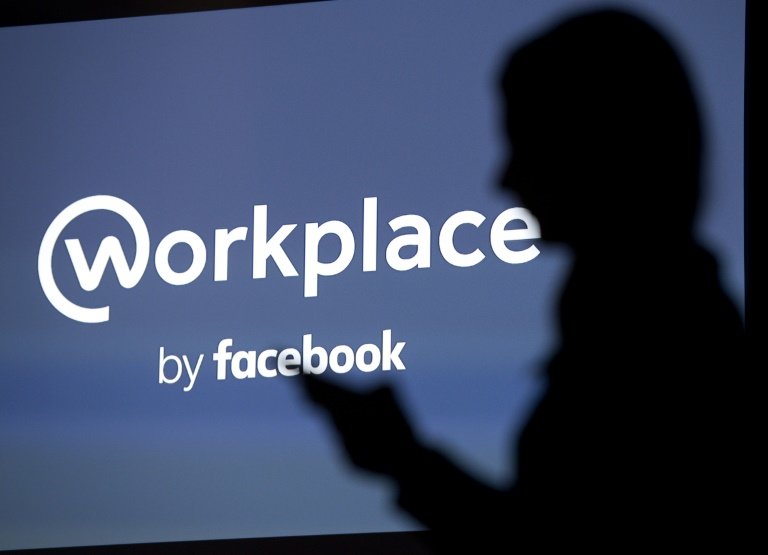Frontline staff in the hospitality industry are your most important asset. However, it can be difficult to connect with these employees; they often work outside HQ, organising logistics, looking after customers, cooking food and serving drinks for hours on end.
Workplace by Facebook surveyed more than 250 senior managers and 1000 frontline employees from businesses with 100-plus employees across Australia and found only 5 per cent of Australian deskless workers feel connected to leadership teams.
Businesses need to adopt better strategies and make use of modern collaboration tools to unlock the full potential of their deskless workforce.
Deskless employees told us:
- They don’t feel connected to the head office or leaders of their company.
- There are barriers to communicating internally without the means, details or tools they need to reach decision-makers.
- They don’t feel valued, heard and aren’t empowered to share new ideas.
Australian managers are well aware of the benefits of being connected to the frontline workforce: 93 per cent said they understand the value of having worked on the frontline would bring to their company and many have followed up on this, with 78 per cent having visited deskless employees in the past 12 months.
Business leaders can supplement face-to-face contact with other, more regular touchpoints to bridge the communications divide between frontline staff and HQ.
Deskless staff said they don’t mind communicating with head office by email, but prefer a more relaxed approach with their direct colleagues via conversations, phone calls and closed digital groups.
The research revealed physical distance is not the only challenge impacting the ability to connect deskless employees with their organisation: top-down complex organisational structures are a significant hurdle for internal communication.
The main obstacle is that 58 per cent are told to report anything important through their immediate manager. More worryingly, 31 per cent of deskless workers in Australia don’t have access to the details of the correct person to contact in their company. Giving employees tools in the palm of their hand can increase the chances of someone sharing a good idea.
Employee motivation and engagement should be at the core of every business. If employees are disconnected and don’t care, how can you expect potential customers to care? Disengagement also leads to higher rates of absenteeism, lack of productivity, higher turnover and human error.
Feeling disempowered is the main bottleneck to creativity among deskless employees, with 40 per cent attributing this as the reason they don’t share ideas at work. Managers seem blind to this. 85 per cent of managers think frontline employees feel empowered to share their ideas.
The most successful businesses are the ones that can make their people feel like they have a strategic stake in the future of the company. Implementing digital tools that encourage teamwork, collaboration and breakdown barriers is key. The right communication channel will not only facilitate conversation, it will empower people to communicate better.
Focusing on your deskless workers is a natural first step. By giving them the right tools and communication channels, you’ll enable them to have better and more meaningful conversations with business leaders. Because your frontline workers may not have a desk, but they should have a voice.
Luke McNeal is the Head of Workplace by Facebook Asia Pacific.
Image credit: Fore Edge

